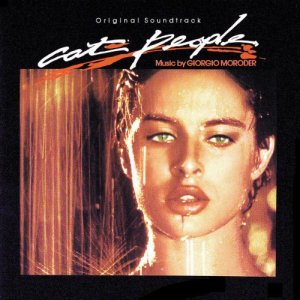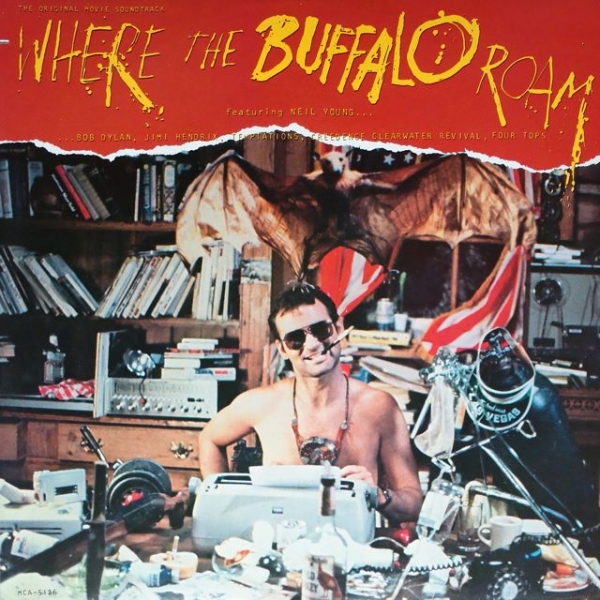 Not traversing any uncharted territory here, just spinning some warm Giorgio Moroder vibes to fend off the impending winter.
Not traversing any uncharted territory here, just spinning some warm Giorgio Moroder vibes to fend off the impending winter.
In 2015, Cat People probably plays like a b-movie to some, but when compared to a true changeling b-movie, like 1981’s The Howling, Cat People is a cut above. A psycho sexual horror flick with some decent acting, and a transformation scene that traumatized my young mind.
The oft celebrated wizardry of Giorgio Moroder expertly heightens the taboo nature of the feline/ incest storyline between Nastassja Kinksi and Malcolm McDowell. I just typed that.
Lately I’ve been all in on “Leopard Tree Dream,” which is one of the more impactful scenes from the movie, where Kinksi and McDowell meet in a dream and discuss their primal and familial roots. This track is essentially a fluid reprise on the main theme, seeing Moroder hop on his flying carpet and build upon his magical synthscape.
As creepy as McDowell’s monologue is during the Dream Sequence in question, it does add some nice texture to Moroder’s track.
It’s somewhat blasphemous to have a post about this soundtrack and not include the David Bowie sung title track, “Cat People (Putting Out The Fire,) but that song has transcended this soundtrack with it’s inclusion on Bowie’s Let’s Dance album and the brilliant usage of the song in Inglorious Bastards.
Leopard Tree Dream – Giorgio Moroder
Paul’s Theme (Jogging Chase) – Giorgio Moroder




